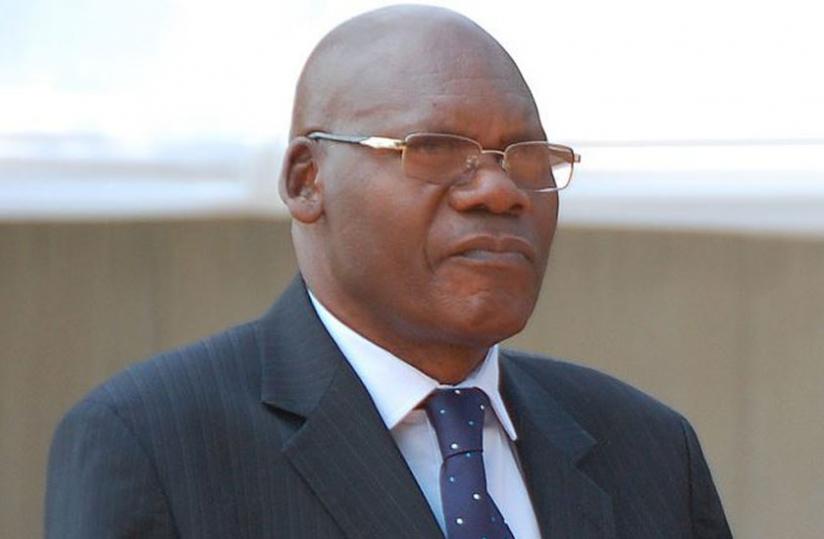Constitution review team promises fairness
Members of the Constitutional Review Commission appointed last week have promised to exercise independence in executing their duties.

Dr Augustin Iyamuremye.
